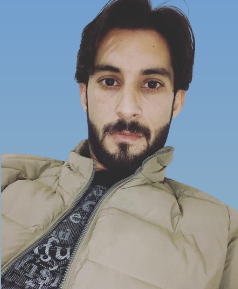Sample Data-Articles
SUCCESS STORIES
Eligibility Crieteria
Sixteen years of schooling or 4 years education after HSSC/A' Level in relevant discipline with 60% marks. Shall possess an MA/MSc degree or BA/BSc in the following discipline.
Electronics
Masters / Bachelors (4 years) in Electronics.
Degree must be recognized by HEC.
Electrical/Electronics Engineering
Masters / Bachelors (4 years) in Electrical/Electronics Engineering.
Degree must be recognized by HEC.
Physics
Masters / Bachelors (4 years) in Physics.
Degree must be recognized by HEC.
Computer Science
Masters / Bachelors (4 years) in Computer Science.
Degree must be recognized by HEC.
GENERAL ELIGIBILITY:
To be eligible for admission to MPhill, a candidate:
- Shall possess an MA/MSc degree or its equivalent in the relevant discipline.
- Shall have obtained first division in MA/MSc or BA/BSc or at least 60% marks in BS (Hons) and all other 4-5 years degrees.
- shall not have obtained third division in BA/BSc or MA/MSc.
- In case of third division in FA/FSc, the candidate should have obtained first division in both BA/BSc and MA/MSc; or at least 60% marks in BS (Hons) and all other 4-5 years degrees.
Provided that any of the conditions (ii) - (iv) above may be relaxed by the Vice-Chancellor in case of a teacher of a university/college and an employee of a research organization.
- Anyone who has been rusticated or expelled by any University or College for his mis-conduct or for use of unfair means in the examination or any offence involving moral turpitude shall not be eligible for admission.
- Anyone who has admitted earlier to MPhill programme but later was declared to have been ceased to be a student of the university under these regulations.
- Each candidate shall make an application for admission in response to an advertisement by the university on a prescribed form alongwith documents specified in the form.
- The admission to MPhill programme shall be made on the basis of cumulative merit to be determined from previous academic record, written test and interview.
- The admission to MPhill programme shall be approved by the Advanced Studies and Research Board after a candidate has qualified in a written test and interview and recommended by the Selection Committee of the department/ institute/ centre concerned.
- The selection committee for each department/institute/centre shall be constituted by the Vice-Chancellor in consultation with the Chairman (Chairperson)/Director of the department, institute/centre concerned.
Admission Crieteria
The merit for admission will be prepared on the basis of the previous academic records of the candidates, Admission Test and an interview as given under:
|
Description |
Percentage |
|
Previous Academic Record |
50% |
|
Written Test |
40% |
|
Interview |
10% |
optics of anisotropic media and metamaterials

The four-day national workshop on Optics of An-isotropic Media and Metamaterials organised by the Department of Electronics of Quaid-e-Azam University (QAU) concluded here on Thursday.
The workshop covered a diverse range of topics related to isotropic Media and Metamaterials in fields of Electronics.
An isotropic media the propagation characteristics of electromagnetic waves are independent of their propagation direction. This generally implies that there is no direction within such a medium which is any different from any other. Clearly then, we can class gases and liquids, but not liquid crystals, as isotropic media, provided there are no externally applied fields present. Such a field would, of course, imply the existence of a unique direction in the medium - that of the field. As an example of a situation where an isotropic medium becomes an-isotropic in an external field, we mention the case of a gas in a magnetic field, where the gas changes the polarization characteristics of a wave which propagates in the field direction.

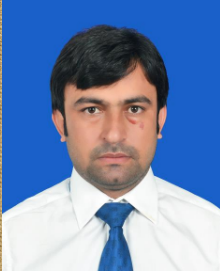 Dr. Abuzar Baqir
Dr. Abuzar Baqir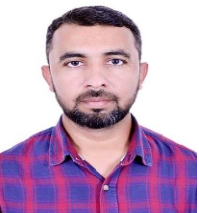 Dr. Anjum Shehzad
Dr. Anjum Shehzad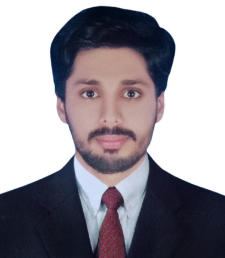 Asim ur Rehman
Asim ur Rehman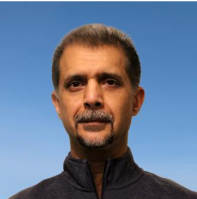 Dr. Zahid Yaqoob
Dr. Zahid Yaqoob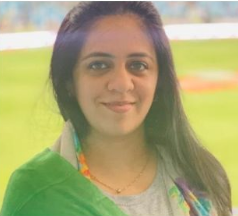 Dr. Maryam Sultana
Dr. Maryam Sultana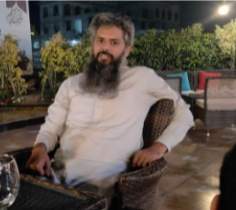 Dr. Abdullah Waqas
Dr. Abdullah Waqas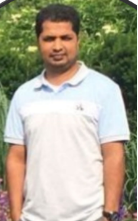 Dr. Faiz Ahmad
Dr. Faiz Ahmad Dr. Faizan Raza
Dr. Faizan Raza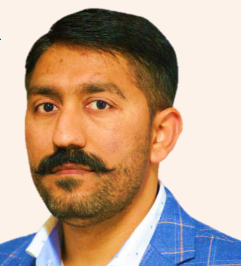 Dr. Muhammad Khalid
Dr. Muhammad Khalid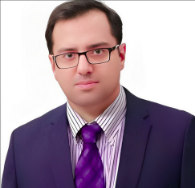 Dr. Tehreem Qasim
Dr. Tehreem Qasim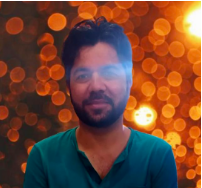 Dr. Muddasar Naeem
Dr. Muddasar Naeem Dr. Muhammad Yasir
Dr. Muhammad Yasir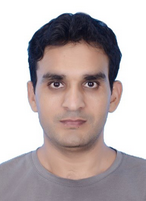 Dr. Zahir Muhammad
Dr. Zahir Muhammad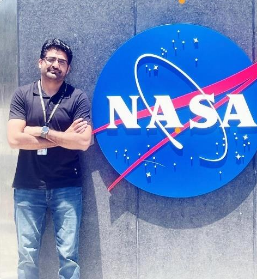 Farhat Abbas
Farhat Abbas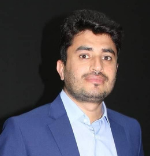 Ghayur Hussain
Ghayur Hussain Kiran Ilyas
Kiran Ilyas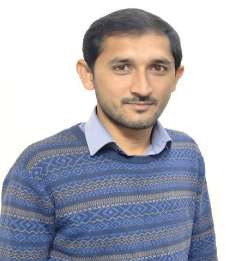 Kishwar Ali
Kishwar Ali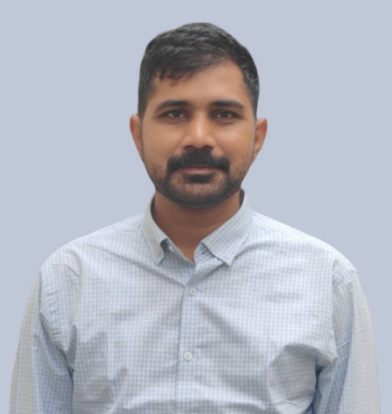 Muhammad Basir Abbas
Muhammad Basir Abbas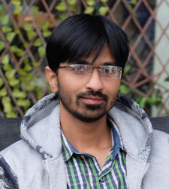 Muhammad Usman Khan
Muhammad Usman Khan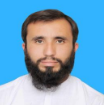 Najmul Hassan
Najmul Hassan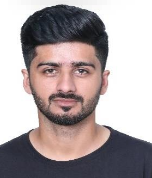 Samiullah Yousaf
Samiullah Yousaf